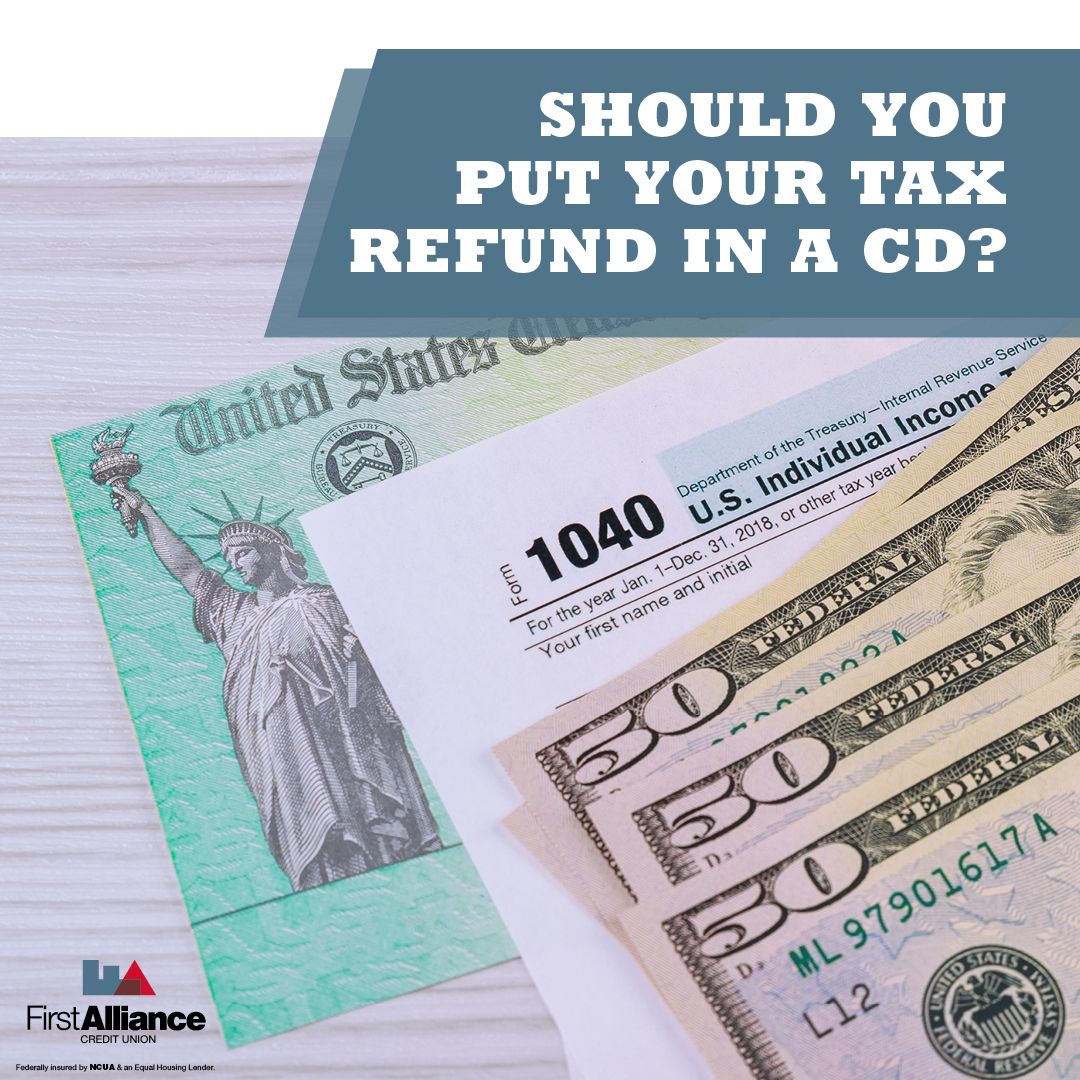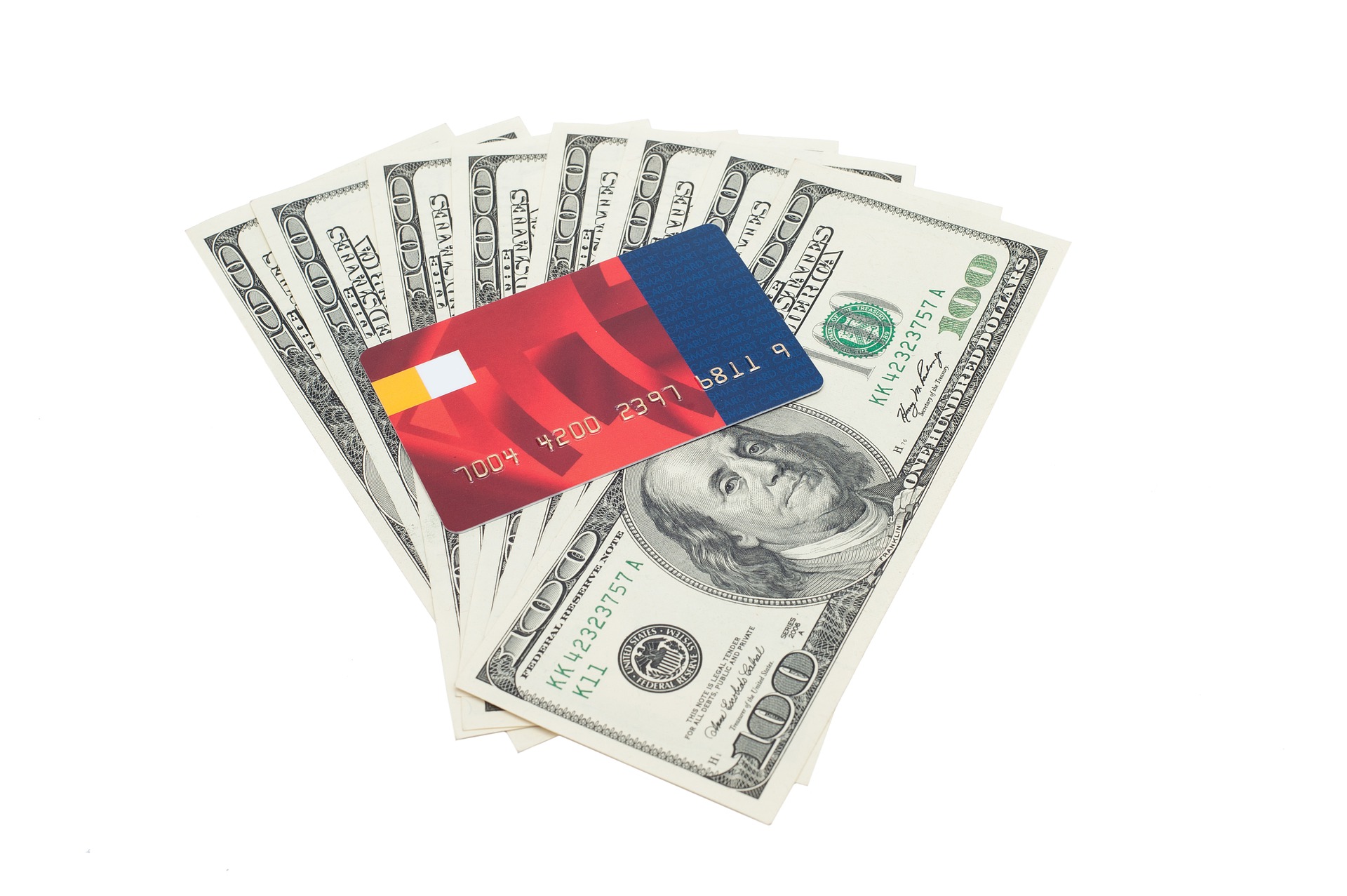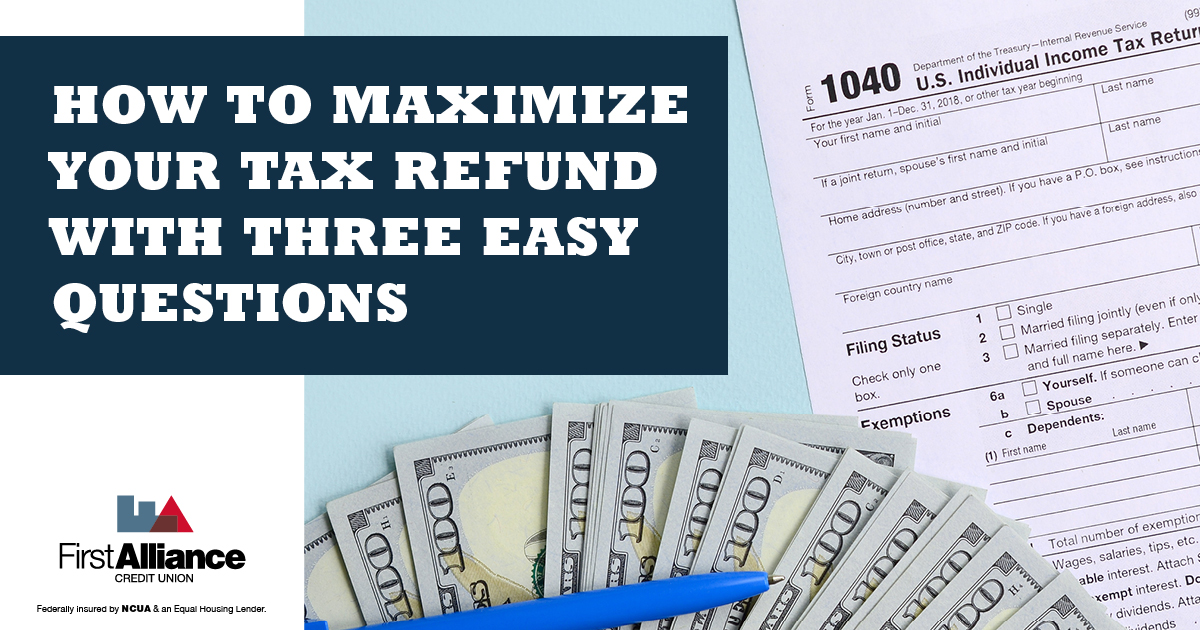What Not To Do With Your Tax Refund
When you get your tax refund, the more you know about how to use it wisely, the better. (We've actually written a couple of blog posts on the subject...

One of the most exciting parts of getting a tax refund is figuring out what to do with it. You might be aware that if you use your tax refund wisely, you can shore up your personal finances and even reach a financial goal you’ve been working towards. While you’re thinking about the best way to use your tax refund, though, you’ll also have to think about the best place to keep it.
While there’s nothing wrong with putting your tax refund in a traditional savings account, the amount of the average tax refund opens up other options. For instance, you could put your refund in a certificate of deposit (CD), and let it collect interest. Of course, putting your money in a CD also means you have to leave it there to get the interest, which might make you wonder:
.jpg?width=1200&height=630&name=FA788_23_Blog_TaxCD2%20(1).jpg)
As previously mentioned, investing your tax refund money in a CD has the advantage of getting a higher interest rate. Even a 6-month CD will give you an interest rate exponentially higher than what you’d get in a traditional savings account. This interest won’t make you rich, but it will put more money in your account that you can use for your goals.
A CD is also one of the safest investments you can make. When you put money into a CD, you know exactly the interest rate you’re getting and how long your money will be earning that interest. You can use that information to figure out how much money you’ll have when the CD matures, and use that to figure out how much closer you’ll be to reaching a financial goal.
Finally, a CD helps you avoid temptation. If your tax refund money is burning a hole in your pocket, there is no better way to prevent yourself from spending it than by putting it in a CD. Even better, you’ll be able to use the time your money is sitting in the CD to plan what you want to do with it.
Of course, putting your money in a CD does have some drawbacks. The biggest one? You can’t touch the money in a CD until it matures, at least not without paying a penalty that will erase most of the interest you earned.
Not being able to access your money also means you won’t be able to reinvest it if you find an account with better rates. This won’t necessarily hurt you, but it will prevent you from getting the best return on your money.
Now that you've got the lowdown on the pros and cons of CDs, let's talk about when they're actually worth it for your tax refund.
If you’re saving up for a mid- or long-term financial goal, like buying a new car or putting a down payment on a house, you probably won’t need your tax return money for awhile. Why not let it collect interest instead?
Ideally, your emergency fund will remain untouched for a while you have to withdraw money. You can use that time to have your money earn more interest and further build up your fund. Of course, you never know when an emergency will strike, so you might want to create a CD ladder to make sure you have at least part of your money available when you need it.
If you’re just getting started in the world of investing, putting your tax refund money in a CD is a solid first step. You’ll be able experience the benefits of investing without ever having to worry about losing your money. This is an excellent baseline investment that will help you when figuring out what kind of return on investment you’d like to get, how much risk you’re comfortable taking on and how long you’ll need to invest your money to turn a profit.
If you’re looking for a place to put your tax refund money while you figure out the best way to use it, you might want to consider opening a CD. It’s a safe investment that will make sure you don’t give into temptation while you’re figuring out how to use the money you received, and it’s a great place to store money that you have earmarked for an emergency fund or a financial goal that will take some time to reach.
If you’re interested in opening a CD, become a First Alliance Credit Union member. We have CDs with terms ranging from 6 months to 60 months, and you can talk with a member experience advisor about which term is best for you.

When you get your tax refund, the more you know about how to use it wisely, the better. (We've actually written a couple of blog posts on the subject...

As the tax deadline approaches, a lot of people will be getting a refund back from the IRS. If you’re one of these people, then you know you can get...

Most people hate the hassle and expense of filing their taxes, but around 75% of Americans will get rewarded for their efforts in the form of a tax...